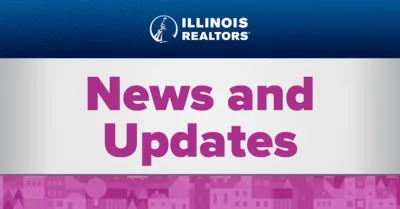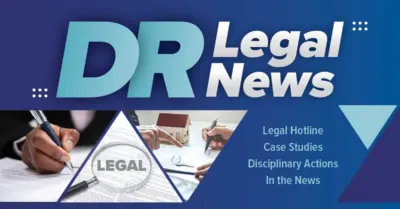Homebuyer Wins Fraud Case Over Undisclosed Water Damage
Case Study: Poundstone v. Cook
2025 IL App (3d) 240322
Plaintiff purchased a home from defendant in 2016. Approximately one month later, after a heavy rain, water entered into the basement, bedrooms and interior of the house. Plaintiff investigated the source of the leaks and discovered undisclosed water damage including watermarks on drywall and framing, mold behind basement drywall, rotted studs and plywood. Plaintiff filed suit against defendant alleging common-law fraud and a violation of the Residential Real Property Disclosure Act. The defendant stated on the disclosure report that he was unaware of any “flooding or recurring leakage problems in the crawl space or basement”; “material defects in the basement or foundation”; and “material defect in the walls, windows, doors or floors.”
During the trial the defendant testified that he was the general contractor when the house was built in 2005, had personally repaired rotted wood underneath the deck in 2011 or 2012 and had patched up drywall in the basement after it was damaged when he fell off his treadmill. After a review of the evidence and testimony by the parties, contractors and a structural engineer, the trial court found for the plaintiff. It noted that the defendant should have been placed on notice that there was a water issue inside the wall when he replaced the drywall allegedly caused by the treadmill accident. The court found that “it is unreasonable for the defendant to believe the repairs he performed resolved the water issue. He took no steps to ascertain the source and of course, no steps to eliminate the problem. The repairs were merely cosmetic….”
The defendant appealed the matter, arguing that the plaintiff had failed to present sufficient evidence of both common law fraud and a violation of the Residential Real Property Disclosure Act. The Appellate Court disagreed with the defendant. It found that based on the evidence presented at the trial, there was a “reasonable inference that he knew of ongoing problems and, although he had taken steps to repair the damages, he had not attempted to correct the underlying causes of the problem.”
Takeaways:
The specific facts presented in this case provide for an interesting analysis of the seller’s violation of the Residential Real Property Disclosure Act.
If a seller is questioning whether they have a reasonable belief they corrected a previous issue with the property, they should be directed to discuss this matter with their own attorney to avoid any potential liability for misrepresentation under the Act.
About the writer: Prior to joining Illinois REALTORS® in 2022, Victoria (Vicki) Munson was an attorney in private practice focusing on real estate and estate planning matters. She enjoyed assisting buyers and sellers in bringing their transactions to the closing table. Victoria earned her bachelor’s degree from Western Illinois University and her Juris Doctor from The John Marshall Law School.














